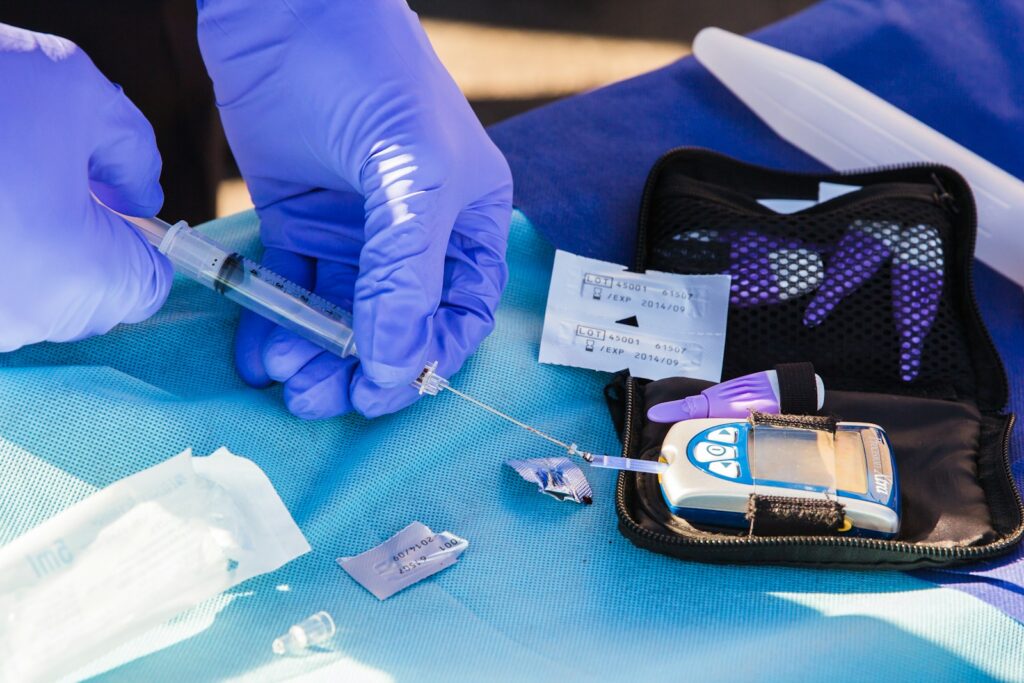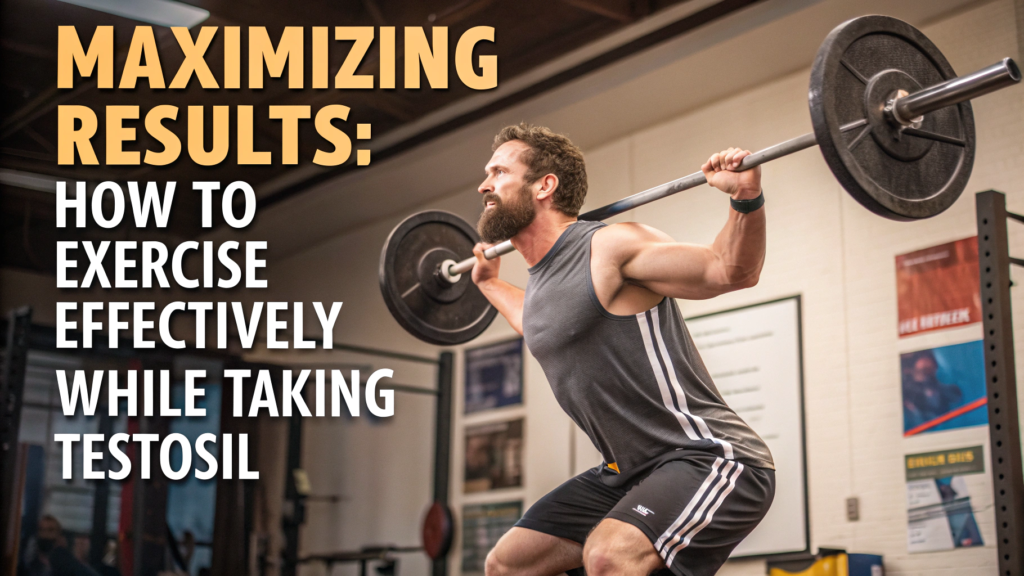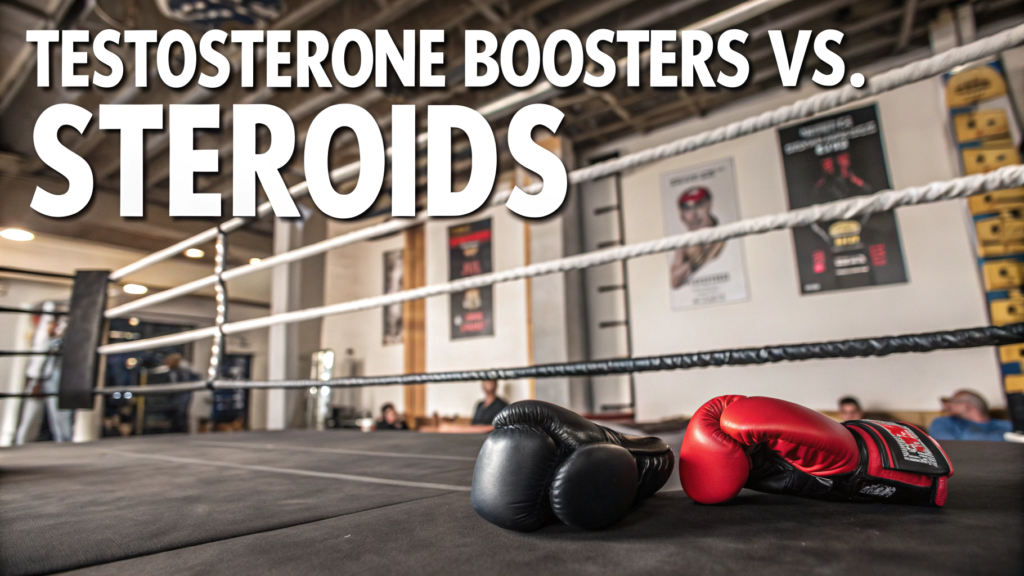Introduction
Testosterone is a crucial hormone in the male body, playing a significant role in overall health and particularly in sexual health. The implications of testosterone levels extend from energy and muscle mass to libido and mental health. Understanding these effects can guide men toward maintaining optimal levels for improved well-being.
History of Testosterone
Testosterone, identified as the primary male sex hormone, has a fascinating history that dates back to the late 19th century. The term “testosterone” was first proposed in 1935 by British chemist Sir Edward Charles Dodds after he and his team successfully isolated the hormone from the testicles of animals. This discovery paved the way for a deeper understanding of its role in male physiology and the broader implications for medicine. In the decades that followed, research revealed the hormone’s involvement not only in sexual maturation and reproduction but also in various physical and psychological functions. The introduction of testosterone therapy in the mid-20th century revolutionised treatment for men suffering from low testosterone, significantly improving their quality of life and sparking ongoing debates and studies on the hormone’s effects and applications in modern health practices.
How Testosterone Levels Influence Men’s Health
Physical Health
Testosterone contributes to several physical health aspects, including:
- Muscle Mass: Adequate testosterone is necessary for building and maintaining muscle mass. Low levels can lead to decreased strength and endurance, as illustrated by the athlete who regained peak performance after addressing his low testosterone.
- Bone Density: The hormone plays a role in maintaining bone density, reducing the risk of osteoporosis.
- Fat Distribution: Testosterone influences fat storage and distribution in the body, which can impact overall body composition.
Sexual Health
Testosterone directly affects men’s sexual health, influencing libido, sperm production, and erectile function. A 45-year-old man faced challenges with erectile dysfunction that improved remarkably once he resolved his low testosterone problem.
Mental Health
Beyond the physical, testosterone impacts mood, cognitive function, and mental clarity. Low levels have been linked to symptoms such as depression and fatigue.
Expert Insights
Dr. Michael Eisenberg emphasizes the importance of testosterone in maintaining energy levels and mental sharpness. Dr. Abraham Morgentaler highlights the hormone’s role in sexual desire and function, while Dr. Larry Lipshultz points out the risks associated with neglecting low testosterone levels, which can lead to more severe health issues over time.
Herbal Supplements to Increase Testosterone Levels
In addition to lifestyle changes, certain herbal supplements have gained attention for their potential to boost testosterone levels naturally. Here are some notable options:
- Ashwagandha: This adaptogenic herb is known for its stress-reducing properties. Research indicates that ashwagandha can enhance testosterone levels while simultaneously lowering cortisol, a hormone that can negatively impact testosterone production when elevated.
- Fenugreek: Commonly used in cooking, fenugreek has been shown to support testosterone levels and improve libido in men. Some studies suggest that fenugreek supplementation can increase muscle strength and enhance sexual function.
- Tribulus Terrestris: A popular herb in traditional medicine, tribulus terrestris may help boost testosterone levels, particularly in those with low fertility or sexual health issues. While research on its efficacy is mixed, some men report improved sexual desire and performance.
- Maca Root: Although not directly linked to increases in testosterone levels, maca root is often associated with enhanced libido and improved sexual function. It may benefit those looking to support their overall sexual health without hormonal changes.
- Tongkat Ali: Often referred to as Malaysian ginseng, this herb is believed to enhance athletic performance and increase testosterone levels. Studies suggest that it may improve sexual health and energy levels.
Before introducing any herbal supplements, it’s essential to consult with a healthcare professional to ensure safety and effectiveness, particularly if there are underlying health conditions. Learn how Testosil testosterone booster can enhance your mood and overall sense of well-being
Statistics on Low Testosterone in the USA
Recent studies indicate that approximately 20% of men over 60, 30% of men over 70, and 50% of men over 80 have low testosterone levels. These statistics underscore the importance of awareness and early detection across all age groups.
Tips to Boost Testosterone Levels
- Regular Exercise: Strength training and high-intensity interval training (HIIT) are particularly effective.
- Healthy Diet: Incorporate foods rich in zinc and vitamin D, such as lean meats, leafy greens, and fortified cereals.
- Adequate Sleep: Aim for 7-9 hours of quality sleep per night to support hormonal balance.
- Stress Management: Practice stress-reducing techniques like meditation or yoga to lower cortisol levels, which can negatively impact testosterone.
- Limit Alcohol: Excessive alcohol consumption can decrease testosterone production.
- Avoid Endocrine Disruptors: Chemicals in plastic and certain personal care products can affect hormone levels.
- Maintain a Healthy Weight: Obesity is linked to lower testosterone levels.
- Consider Natural Supplements: Tribulus terrestris and fenugreek are known to support testosterone production.
- Quit Smoking: Smoking has been associated with reduced testosterone levels.
- Consult a Healthcare Provider: Regular check-ups can help monitor testosterone levels and overall health.
US Politics Quotes About Testosterone
The topic of testosterone has occasionally found its way into political discourse, often reflecting broader concerns about health and masculinity. Here are several notable quotes that highlight various perspectives:
- Joe Biden: “Ensuring that every American has access to the healthcare they need includes addressing conditions like low testosterone, which can impact quality of life.”
- Barack Obama: “American men should not feel ashamed to discuss issues like testosterone levels; we need to promote openness about health.”
- Donald Trump: “Strength is key, and that includes physical vitality. When we talk about making America great, we must consider the health of our men, including hormonal balance.”
- Hillary Clinton: “Women’s health and men’s health are interconnected, and understanding testosterone’s role is crucial for a balanced perspective on healthcare.”
These quotes encapsulate how the conversation surrounding testosterone extends beyond individual health and connects to larger themes of masculinity, healthcare accessibility, and societal expectations.
Case Studies
Case Study 1
A 35-year-old man significantly increased his energy and libido through lifestyle changes and medical treatment after identifying low testosterone.
Case Study 2
An athlete experienced decreased muscle mass and fatigue, only to regain performance after addressing low testosterone.
Case Study 3
A 45-year-old improved his sexual health by tackling low testosterone, while a 50-year-old’s neglect resulted in severe health issues, emphasizing early intervention.
Upcoming Healthcare Techniques to Increase Testosterone
As research continues to evolve, several innovative healthcare techniques are on the horizon aimed at increasing testosterone levels in men. These emerging methods leverage advancements in technology and medical science to provide more effective solutions:
- Hormone Replacement Therapy (HRT) Refinements: New formulations and delivery methods, such as transdermal patches and gels, offer alternatives to traditional injections. These innovations promise to enhance absorption and reduce side effects, making HRT a more appealing option for men with low testosterone.
- Gene Therapy: Ongoing studies are exploring gene editing techniques that could potentially enhance testosterone production at the cellular level. By targeting specific genes involved in hormone synthesis, this approach may provide long-term solutions for testosterone deficiency.
- Targeted Lifestyle Interventions: Wearable technology combined with AI is set to revolutionize personal health management. Devices could monitor physiological markers in real-time, providing tailored recommendations for exercise, diet, and stress management to naturally optimize testosterone levels.
- Microbiome Modulation: Emerging research suggests a connection between gut health and hormone regulation. Future therapies may focus on modifying the gut microbiome through diet or probiotics to support testosterone production.
- Stem Cell Therapy: Although still in its infancy, research into the use of stem cells to stimulate Leydig cells in the testes offers a promising avenue for restoring hormonal balance in men with significantly low testosterone.
As these techniques develop, ongoing clinical trials and consultations with healthcare professionals will be key in determining their safety and effectiveness for patients.
Celebrities Managing Low Testosterone Levels
Many public figures have openly discussed their experiences with low testosterone, contributing to greater awareness and encouraging other men to seek help.
Dwayne “The Rock” Johnson has been candid about his struggles with low testosterone, attributing changes in his energy levels and physique to hormonal imbalances. He emphasizes the importance of regular check-ups and healthy lifestyle choices in managing his condition.
Terry Crews, known for his muscular build, has also shared his journey with low testosterone. He advocates for a holistic approach that includes exercise, proper nutrition, and mental wellness, illustrating that strength goes beyond physical appearance.
Joe Rogan, a prominent podcaster and comedian, has spoken extensively about his own testosterone therapy, highlighting its positive effects on his vitality and overall health. By sharing his story, he has helped destigmatize the conversation around men’s hormonal health.
These celebrities not only shed light on the challenges of low testosterone but also encourage openness about hormonal health, demonstrating that seeking support and treatment is both crucial and empowering.
Conclusion
Testosterone plays a pivotal role in men’s health, affecting everything from physical strength to mental well-being. By implementing lifestyle changes and staying informed, men can maintain optimal testosterone levels and improve their quality of life. For more personalized guidance, consider consulting healthcare providers or using resources like testosterone level assessments.
Sources
- Dr. Michael Eisenberg
- Dr. Abraham Morgentaler
- Dr. Larry Lipshultz
- National Institutes of Health
- Journal of Clinical Endocrinology & Metabolism





